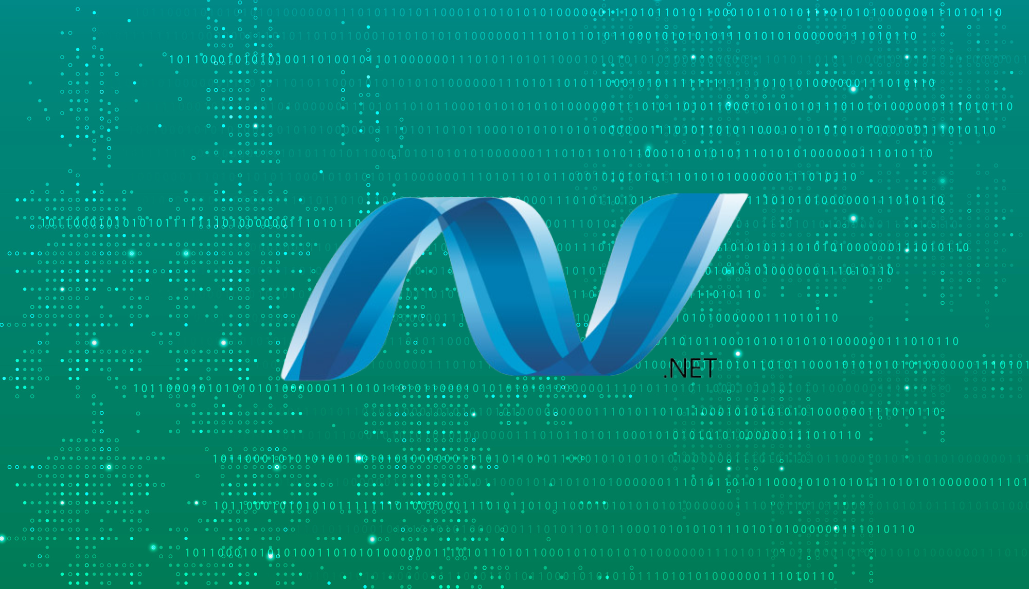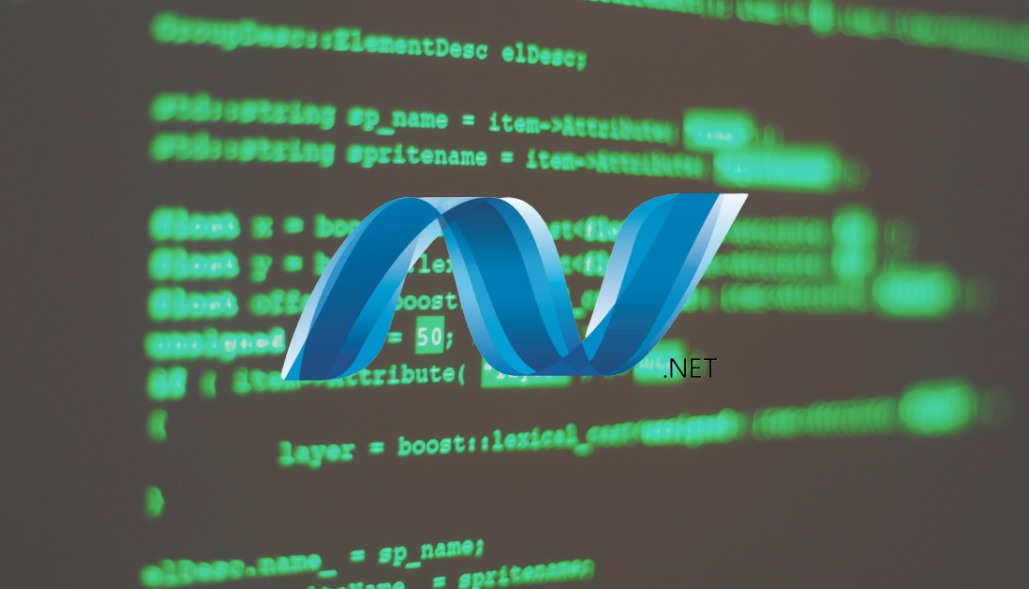We can pass Cancellation token in GraphQL’s endpoint using IHttpContextAccessor.
In the below example we are injecting IHttpContextAccessor in GetAccountQuery class’s constructor, and then accessing cancellation taken as ‘accessor.HttpContext.RequestAborted’ and then passing it into GraphQL’s endpoint.
public class GetAccountQuery : ObjectGraphType
{
public GetAccountQuery(IResolver resolver, IHttpContextAccessor accessor)
{
FieldAsync<UserType>(
"GetAccount",
arguments: new QueryArguments(
new QueryArgument<NonNullGraphType<IdGraphType>> { Name = "userId" }),
resolve: async context =>
{
var cancellationToken = accessor.HttpContext.RequestAborted; // Get cancellation token from the context
return await resolver.ResolveAsync(context, cancellationToken);
});
}
}
Make sure you have registered ‘IHttpContextAccessor’ in the Program.cs file using below line of code:
builder.Services.AddSingleton<IHttpContextAccessor, HttpContextAccessor>();






